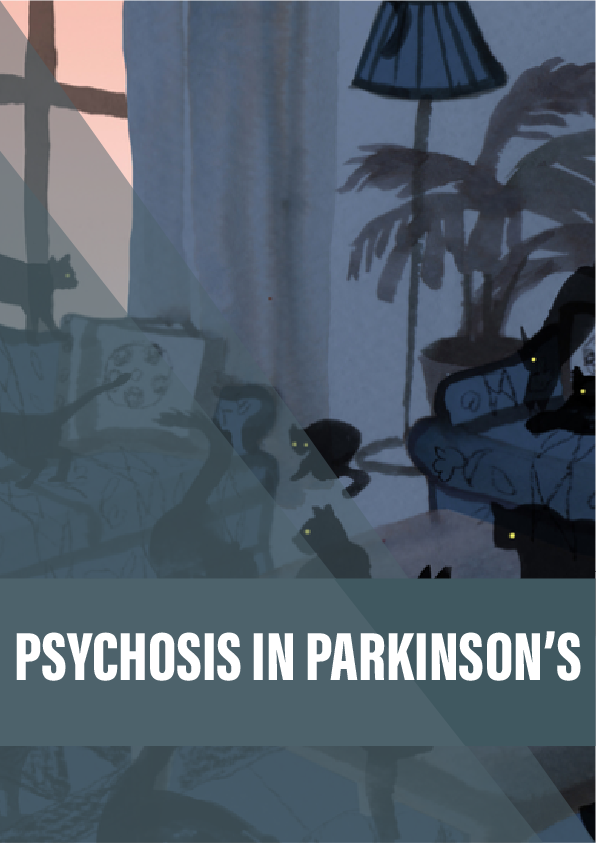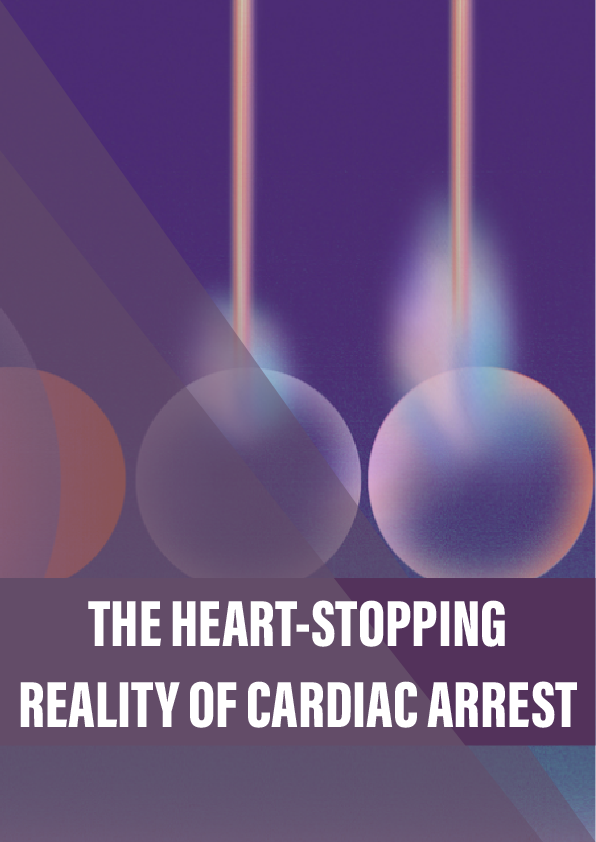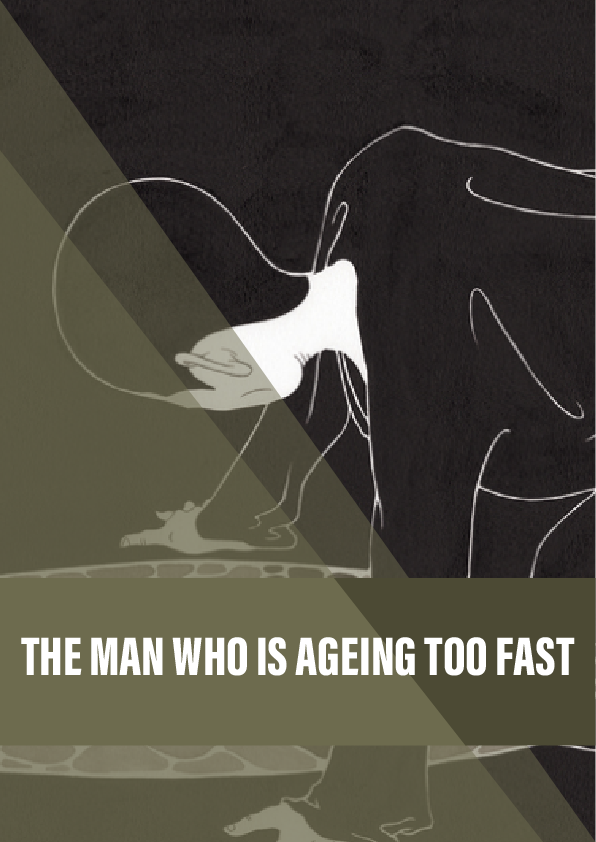Half of people with Parkinson’s disease experience hallucinations, paranoia and delusions. Mary O’Hara reports on a new hope.
One night without warning, Jay Sagen leapt from his bed and grabbed the quilt, then ran downstairs and threw it out onto the street. He was certain there was a large black snake in it. His startled wife Diane hurried after him and tried to explain that nothing was there. “But he wasn’t listening to me trying to talk sense into him.”
Then Jay began seeing black cats everywhere in the house. He believed there were groups of people on the property at night too, and that a creature called Big Boy was in their bed with them. Sometimes, he believed he’d whiled away whole afternoons talking to his brother in the living room of their cosy California home south of Los Angeles.
He simply didn’t understand when Diane told him his brother was never there.
Jay, a 77-year-old artist, taught for decades at local community colleges. He was diagnosed with Parkinson’s disease in 2009 after a neurologist observed his tremors and other physical symptoms, including stiffness. Diane, a therapist now aged 73, was not scared: “We’ll deal with it, if that’s what it is,” she thought.
Preparing for the tough adjustment to life as the primary caregiver to a person with a neurodegenerative illness, Diane knew the disease was associated with health problems ranging from difficulty sleeping to tremors and slowing of movement. She also expected that it would take a toll on her time and energy as she assisted Jay with his physical impairments.
What she didn’t know – and what few people even within the medical and caring professions realise – is that over the course of their illness at least half of all people diagnosed with Parkinson’s disease will develop another set of symptoms known as Parkinson’s disease psychosis (PDP). The impact on the patient and their family – often because they don’t know what is happening – can be devastating.
Reference:
- Results from the phase III trial of pimavanserin were published in the Lancet in 2014.
- This research paper from 2009 explains more about the symptoms of Parkinson’s disease psychosis and how common they are.
- Information about Parkinson’s disease is available from Parkinson’s UK, the Parkinson’s Disease Foundation, the Michael J Fox Foundation and other charities.
- A Big Picture article on how studying people with Parkinson’s has shed light on the effects of too much dopamine.
- A Big Picture article on why we sometimes move without meaning to.











